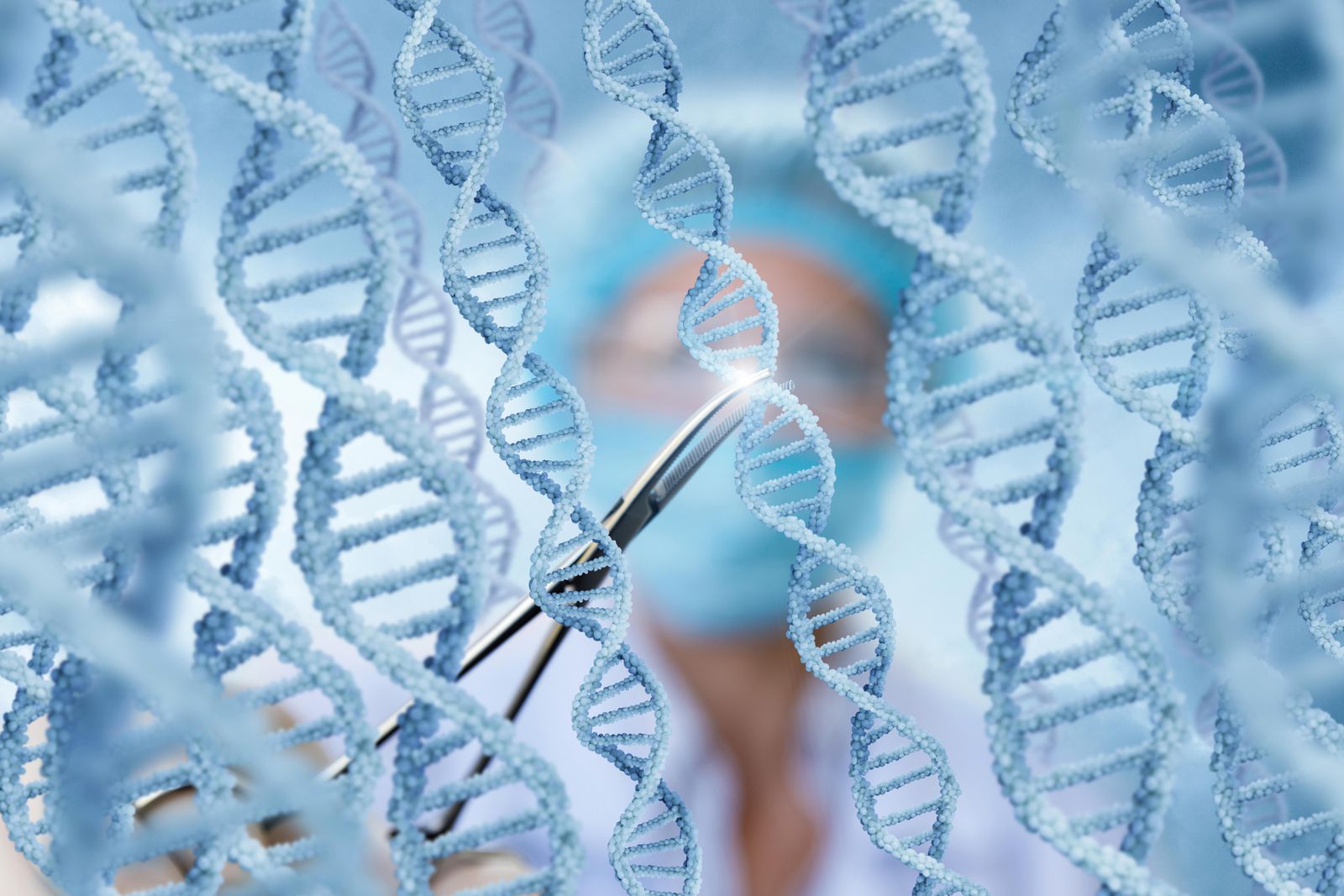Cancer Genetic Code Broken – Could Lead to Treatments and Cures
On the National Institute of Health website, they list 161 different types or forms of cancer. On the same webpage, they also list 13 types of cancers as being the most common forms of cancer – bladder, breast, colon & rectal, endometrial, kidney, leukemia, liver, lung, melanoma, non-Hodgkin lymphoma, pancreatic, prostate, and thyroid.
Over the past decade or so, researchers linked breast cancer to 2-4 gene mutations, namely the BRCA1 and BRCA2 genes. In fact, the discovery of the link between these 2 genetic mutations and breast cancer has led a number of women to take extreme preventative measures of having their breasts removed before any cancer can be detected. It has also led many other women to get more frequent breast exams to detect cancer as early as possible and increase their chance of treatment and survival.
Finding genetic mutations linked to breast cancer has definitely been a huge help in finding the best treatment and cure for breast cancer.
What would it mean to medical researchers and millions of cancer patients if researchers discovered the genetic links to some of the other major forms of cancer? Good news, they have, as reported:
Cancer is a genetically driven disease, and a mother lode of new genetic data on dozens of different cancers is promising to break open fresh avenues of prevention and treatment.
Nineteen out of 20 cancers now can be traced back to one or more specific genetic mutations, based on data gathered from in-depth sequencing of thousands of whole-cancer genomes, researchers say.
“We can now identify in more than 95% of patients at least one genetic change that’s biologically responsible for the tumor, and in many patients, five to 10 or more of these causal mutations, which we call driver mutations,” said project co-chair Peter Campbell. He’s head of cancer, aging and somatic mutation at the Wellcome Sanger Institute in England.
On average, cancer genomes contain four to five driver mutations, researchers report.
This knowledge will help researchers and doctors develop and choose from precise treatments targeting the specific mutations that are causing cancer in individual patients, Campbell said.
These findings take us “one step further down the road of understanding all the complexities of cancer,” said Dr. William Cance, chief medical and scientific officer for the American Cancer Society.
In the past, genetic cancer research has focused largely on the DNA and RNA that encodes for protein, which encompasses only 1% of the total genome. The new research focused on the entire genome. They analyzed 2,658 whole genomes of 38 types of cancer tumors. Their wider focus produced amazing results that could lead to huge breakthroughs in the treatment and cure of these cancers.
This new finding sheds light on the medical mystery of why 2 people with the same type of cancer who receive identical treatments but end up with completely different results with one surviving and the other dying. The difference is the genetic makeup of each person and how that relates to the new findings of the genetic links to these forms of cancer.
A number of cancer treatment centers advertise that they tailor treatment for each individual and this new discovery will help them better tailor the treatment and improve the chances of treatment, cure, and survival.








Recent Comments